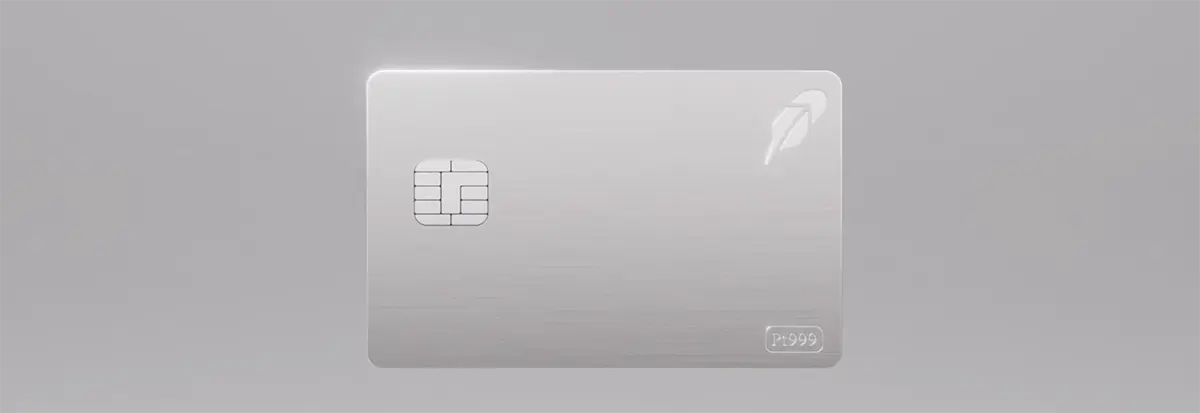
Kudos has partnered with CardRatings and Red Ventures for our coverage of credit card products. Kudos, CardRatings, and Red Ventures may receive a commission from card issuers. Kudos may receive commission from card issuers. Some of the card offers that appear on Kudos are from advertisers and may impact how and where card products appear on the site. Kudos tries to include as many card companies and offers as we are aware of, including offers from issuers that don't pay us, but we may not cover all card companies or all available card offers. You don't have to use our links, but we're grateful when you do!
Does Garnishment Affect Your Credit Score?
July 1, 2025


Quick Answers
Wage garnishment itself is not directly reported to credit bureaus, but the court judgment that enables it is a public record that can negatively impact your credit report and score.
The primary damage to your credit score stems from the underlying financial issues that led to the judgment, such as late payments, loan defaults, and accounts in collections.
A judgment on your credit file signals significant risk to potential lenders, which can make it more challenging to secure future loans, mortgages, or favorable interest rates.
What Is a Garnishment?
A garnishment is a legal process through which a creditor can collect a debt by seizing a debtor's property or wages from a third party. Typically, this involves a court issuing an order to an employer, requiring them to withhold a certain amount from an employee's paycheck and send it directly to the creditor. This action is a post-judgment remedy, meaning it can only occur after a court has officially ruled that the debt is owed.
While a wage garnishment itself does not appear as a specific entry on your credit report, the events leading to it have a significant negative effect. The court judgment that authorizes the garnishment is a public record and can be noted on your credit file, severely lowering your score. Moreover, the underlying delinquent account and collections activity that prompted the lawsuit will have already caused considerable damage to your credit history.
How Garnishment Can Affect Your Credit Score
While a wage garnishment order won't appear on your credit report, the chain of events leading to it most certainly will, causing significant damage. Here’s how that financial domino effect works.
- Initial Default: The process begins when you miss payments on a debt, like a loan or credit card. Lenders report these delinquencies to credit bureaus, which is the first direct hit to your credit score.
- Collections Account: After several months of non-payment, the original creditor may charge off the debt and sell it to a collection agency. A collection account is a serious negative item that can remain on your credit report for up to seven years.
- Creditor Lawsuit and Judgment: If the debt remains unpaid, the collection agency or creditor can file a lawsuit. If they win, the court issues a judgment against you, which is a public record legally affirming you owe the money.
- Garnishment Order: Armed with a court judgment, the creditor can then obtain a legal order to garnish your wages. This action is the final consequence of the preceding credit-damaging events, not the cause of the bad credit itself.
- Ongoing Financial Strain: With a portion of your paycheck being garnished, your disposable income is reduced. This can make it harder to pay other bills on time, potentially creating a cycle of new late payments and further credit damage.
How Much Will Garnishment Affect Your Credit Score?
The impact of a wage garnishment on your credit score isn't straightforward, as several factors come into play. Here’s what you need to consider:
- Direct vs. Indirect Impact: A wage garnishment itself doesn't appear on your credit report. However, the court judgment that led to it is a public record and can significantly lower your score.
- Severity of the Drop: The exact number of points your score will drop varies. A higher initial credit score will likely see a more substantial decrease than a score that is already low.
- Recovery Time: The judgment can stay on your credit report for up to seven years. Consistent, positive credit behavior is necessary to begin rebuilding your score during this time.
How You Can Avoid Garnishment Affecting Your Credit Score
Negotiate with Your Creditor
Proactively contacting your creditor is a crucial first step. You may be able to negotiate a settlement or a manageable payment plan. This approach can prevent the creditor from filing a lawsuit, thus avoiding a public record judgment that would damage your credit history.
Explore Debt Management Options
Consider working with a reputable credit counseling agency. They can help you create a budget or enroll you in a debt management plan. These options consolidate your payments and can stop legal action, protecting your credit score from the impact of a judgment.
Ways to Improve Your Credit Score
Improving your credit score is an achievable goal that hinges on consistent, positive financial habits. An expert guide for 2025 outlines several proven methods to help you boost your score, which can unlock better loan terms and financial opportunities.
- Monitor your credit reports regularly. Obtain your free reports to identify and dispute any inaccuracies, which can unfairly lower your score.
- Establish automatic bill payments. Your payment history is the most significant factor in your score, so ensuring timely payments is crucial for improvement.
- Reduce your credit utilization ratio. Aim to use less than 30% of your available credit, as high balances can signal financial distress to lenders.
- Become an authorized user. Being added to an account with a long history of on-time payments and low utilization can give your score a boost.
- Diversify your credit mix. Lenders like to see that you can responsibly manage different types of credit, such as revolving credit and installment loans.
- Limit hard inquiries. Avoid applying for too much new credit at once, and use prequalification tools to shop for rates without impacting your score.
The Bottom Line
Wage garnishment does not directly appear on your credit report. However, the associated court judgment is a public record that can be reported, negatively impacting your overall credit score.
Frequently Asked Questions
Does a wage garnishment show up on my credit report?
The garnishment itself doesn't appear, but the court judgment that led to it does. This public record can significantly lower your credit score.
How long will the judgment from a garnishment affect my credit?
A judgment related to a wage garnishment can stay on your credit report for up to seven years, even after you have fully paid the debt.
Can I rebuild my credit while my wages are being garnished?
Yes. Consistently paying your other bills on time and keeping credit card balances low can help you begin to improve your credit score during the garnishment period.
Unlock your extra benefits when you become a Kudos member

Turn your online shopping into even more rewards

Join over 400,000 members simplifying their finances

Editorial Disclosure: Opinions expressed here are those of Kudos alone, not those of any bank, credit card issuer, hotel, airline, or other entity. This content has not been reviewed, approved or otherwise endorsed by any of the entities included within the post.



































.webp)







